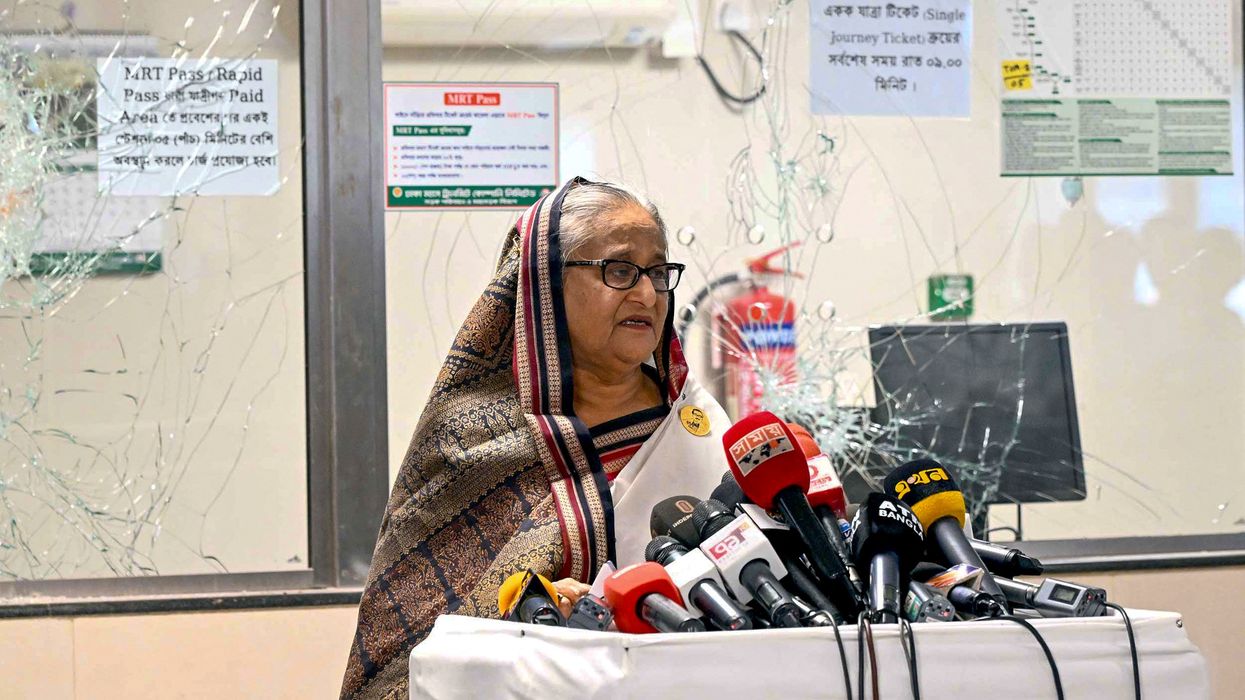The Bangladesh police have taken three protest coordinators into safe custody, claiming it was for their "safety," following days of deadly nationwide violence demanding reforms in the quota system for government jobs. The protests, which resulted in over 200 fatalities, have been labelled by prime minister Sheikh Hasina as part of a grave conspiracy to weaken the nation.
Media reports indicate that Nahid Islam, the spokesman for Students Against Discrimination, along with two senior leaders, were forcibly removed from a hospital by plainclothes detectives on Friday (26). On Saturday (27), home minister Asaduzzaman Khan Kamal stated the detentions were to ensure their safety and facilitate interrogations to identify those threatening them.
Prime minister Hasina reiterated her claim that the recent violence was part of a conspiracy to undermine Bangladesh's economy. During a visit to the National Orthopaedic Hospital, she questioned who would take responsibility for the casualties and destruction. Authorities imposed a nationwide curfew and deployed army troops to quell the protests after the paramilitary Border Guard Bangladesh (BGB) failed to control the violence, which claimed over 200 lives according to media reports.
Home minister Kamal emphasised that the authorities would decide on further actions after the interrogations. Detective Branch chief Harun Or Rashid added that the families of the detained leaders were concerned for their safety, prompting police to take them into custody.
The protests initially started in universities and colleges demanding a revision of the quota system, which reserved 56 per cent of civil service and second-class government jobs for descendants of 1971 Liberation War freedom fighters, women, backward districts, ethnic minority groups, and handicapped people. The violence resulted in significant damage to government offices and installations, including Bangladesh Television (BTV).
The Supreme Court's Appellate Division ordered a massive reform, reducing reserved posts to seven per cent, with the government issuing a Gazette notification to reflect this change. Despite the cessation of violence, analysts believe the discontent against the ruling Awami League and law enforcement agencies remains strong.
Prime minister Hasina’s Awami League attributed the violence to former prime minister Khaleda Zia's Bangladesh Nationalist Party (BNP) and fundamentalist groups like Jamaat-e-Islami. The Daily Star noted that what began as peaceful student protests escalated into widespread violence with hundreds killed and thousands injured. (PTI)




